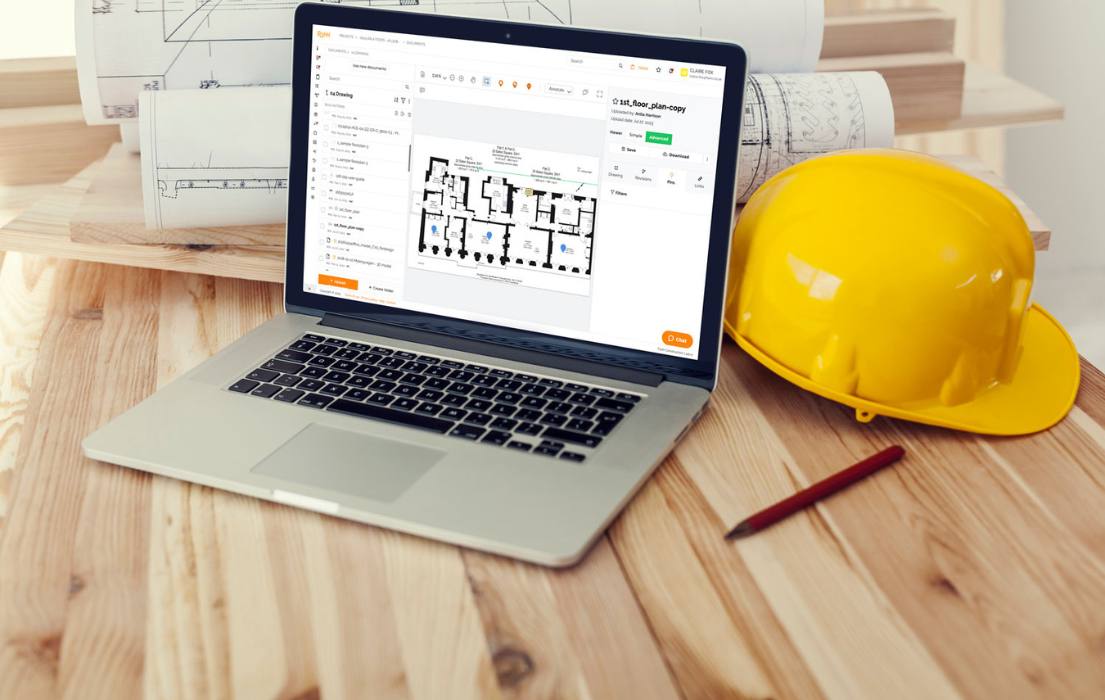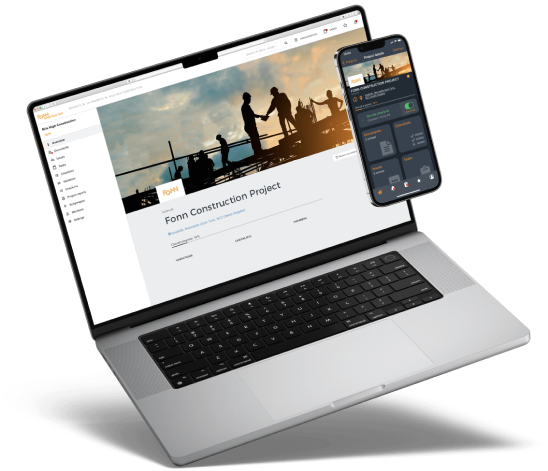If you’ve been to a recent construction industry event, you will have probably seen or heard of Procore. You might even be using Procore in your own firm right now. As one of the biggest software providers in the AEC sector, Procore has in many ways set the standard for construction software. Recently however, more software providers have entered into the market, disrupting Procore’s stranglehold, offering businesses a wider choice on who to partner with for their project management needs.
Procore pricing and platform
Procore is targeted at a very specific market of mid to large sized enterprises. If you’re a business with less than £5m in annual revenue, then Procore might not be for your organisation; while firms with less than £10m in annual revenue may not receive favourable pricing when compared to those generating significantly more in revenue.
Procore offers a suite of thirteen products, each with their own price point. And while the solutions are presented as part of a single platform, you should consider which products are required to ‘build’ the platform in a way that meets the needs of your business. Procore also favours remote support over face to face, unlike many other providers.
What to look for in Procore alternatives
While Procore sets a good benchmark for project management software in the construction industry, a number of other providers have now entered the market - and often with more enhanced and tailored software tools. So, what should you look for?
Different companies will have different needs, but it's worth considering some of the following product and service aspects before you make your final decision.
-
Pricing. Does the provider charge on a per user, project or fixed price basis? Some providers will charge for their software on a per user or project basis. While this is generally common practice in the software industry as a whole, it means that as you grow, you have to consider how many more licence fees you’ll need.
-
User experience is critical. If people on your job sites don’t adopt and use the software tool because it's too hard to use, then it becomes redundant. Software providers like Fonn for example, offer a simple and easy to use mobile app that anyone on site can use with minimal effort and training. If you want to make good decisions based on the data you collect, then usability is critical.
-
Features. These are an extremely important part of the decision-making process. It’s not just about what your firm needs today, but what you might need in the future. And importantly, do they all sit within one product or platform? Some providers offer a range of products, with different features sitting across that ‘suite of products’. If so, then you may need to think about what internal IT capabilities you need to bring them altogether.
-
Integrations. In line with the features you need, consider how your construction project management software works with your other software applications such as CRM. Ideally, you want data to flow across different applications to help you make better decisions and customer data (through your CRM application) is one of the most important.
-
Support. In an ideal world, your chosen software tool will be easy to implement and use, meaning you require little to no support. But with limited IT resources, great customer support will be critical if you do need help. Do they offer face to face or remote support? And do they provide 24/7 support, or is it simply business hours?






